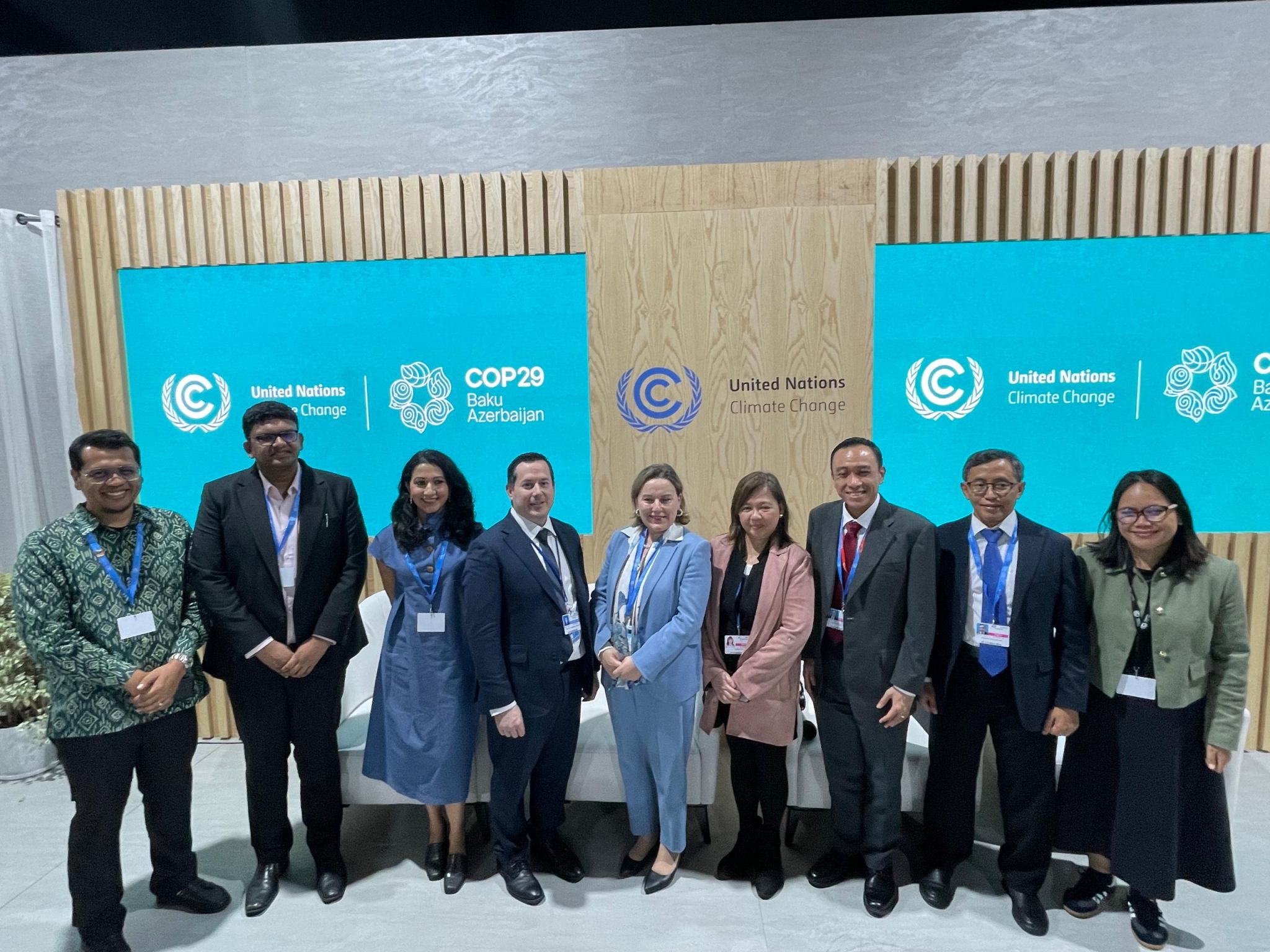The 8th multi-stakeholders dialogue, which was held at Kolega Co-working Space, Jakarta, focused on “Understanding Workers’ Rights in Supply Chain” as a topic. The dialogue was specifically discussing about human rights in seafood supply chain in developing countries. Although seafood today is the most traded food commodity by value, far too many workers in developing countries do not share in its spoils. Across the sector, work is exhausting, verbal abuse by supervisor’s routine and access to effective trade unions strictly limited. The ongoing challenges in seafood supply chains are illustrative of the problems that can arise. Hence, this dialogue was intended to enable a discussion focused on supply chains, to stressed firmly on how private sectors must put their best attention of their supply chains to reduce the number of forced labour and the need for stakeholders to tackle their root causes.
The panelists were Mr. Bahtiar Manurung as the Operations Director of the Foundation for International Human Rights Reporting Standards (FIHRRST), Mrs. Susan Herawati Romica as the Secretary General of Koalisi Rakyat untuk Keadilan Perikanan (KIARA) – Member of Aliansi Pangan Laut Berkelanjutan Indonesia (APLB), and Mr. Ruben Sembiring as Quality, Health, Safety and Environment (QHSE) Manager of PT. Pangansari Utama (PSU Food). Ms. Josephine Satyono, the Executive Director of IGCN, acted as a moderator of the panel discussion.
Mrs. Susan Herawati shared the results of OXFAM and APLB research on workers’ rights in seafood supply chain. The research findings show that there are still many workers’ rights violations in shrimp processing factories in Indonesia. For an example, there is lack of occupational, safety, and health for workers, long hours of work, short term contracts, and discriminatory practice towards pregnant women.
Mr. Ruben Sembiring elaborated on how Pangansari Utama LLC conducts quality, safety, and labor rights inspection on suppliers. “We acknowledged that human rights due diligence in supply chain is a new concept for his company. Therefore, there are still rooms for further engagement and learning.”
Mr. Bahtiar Manurung explained the human rights system in fisheries, initiated by Ministry of Marine and Fisheries Affairs in 2015 with technical assistance from FIHRRST. According to the regulation, fishing companies and fish processing must have human rights policy, assessment of human rights violations, and access to remedy if human rights violations occur. “Human rights violations might occur throughout seafood value chain at sea and on land. Seafood value chain started from Fishing Companies and Fish Farming, then sold to Suppliers that consist of Community groups, Intermediaries, and Processors, then the product go through Buyers and Retailers, before being sold to the consumers.” He says.
Representatives from the Directorate General of Human Rights of Ministry of Law and Human Rights also reiterated the government’s willingness to work hand in hand with civil societies and private sector in improving workers’ rights in supply chain.





